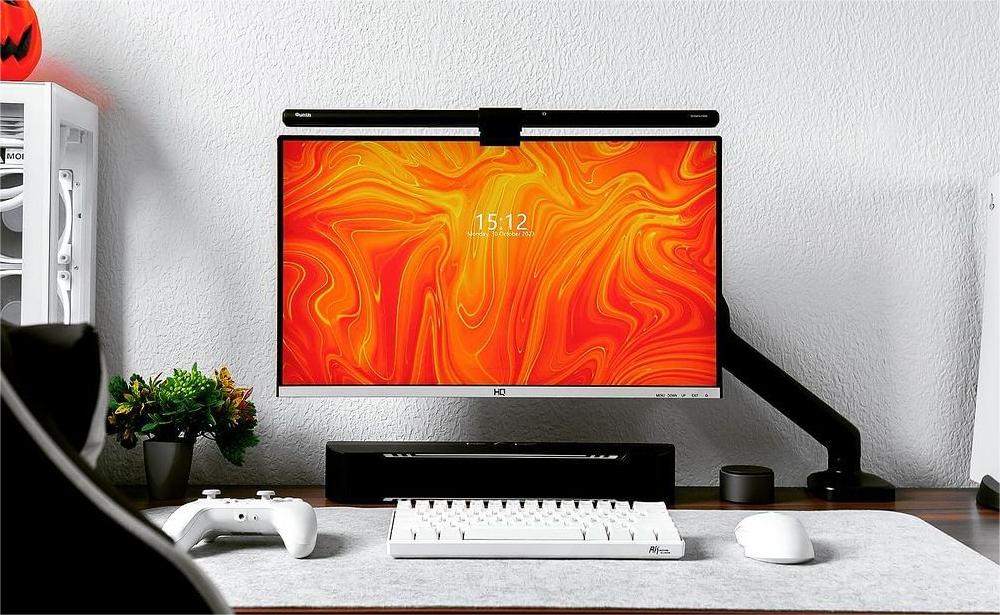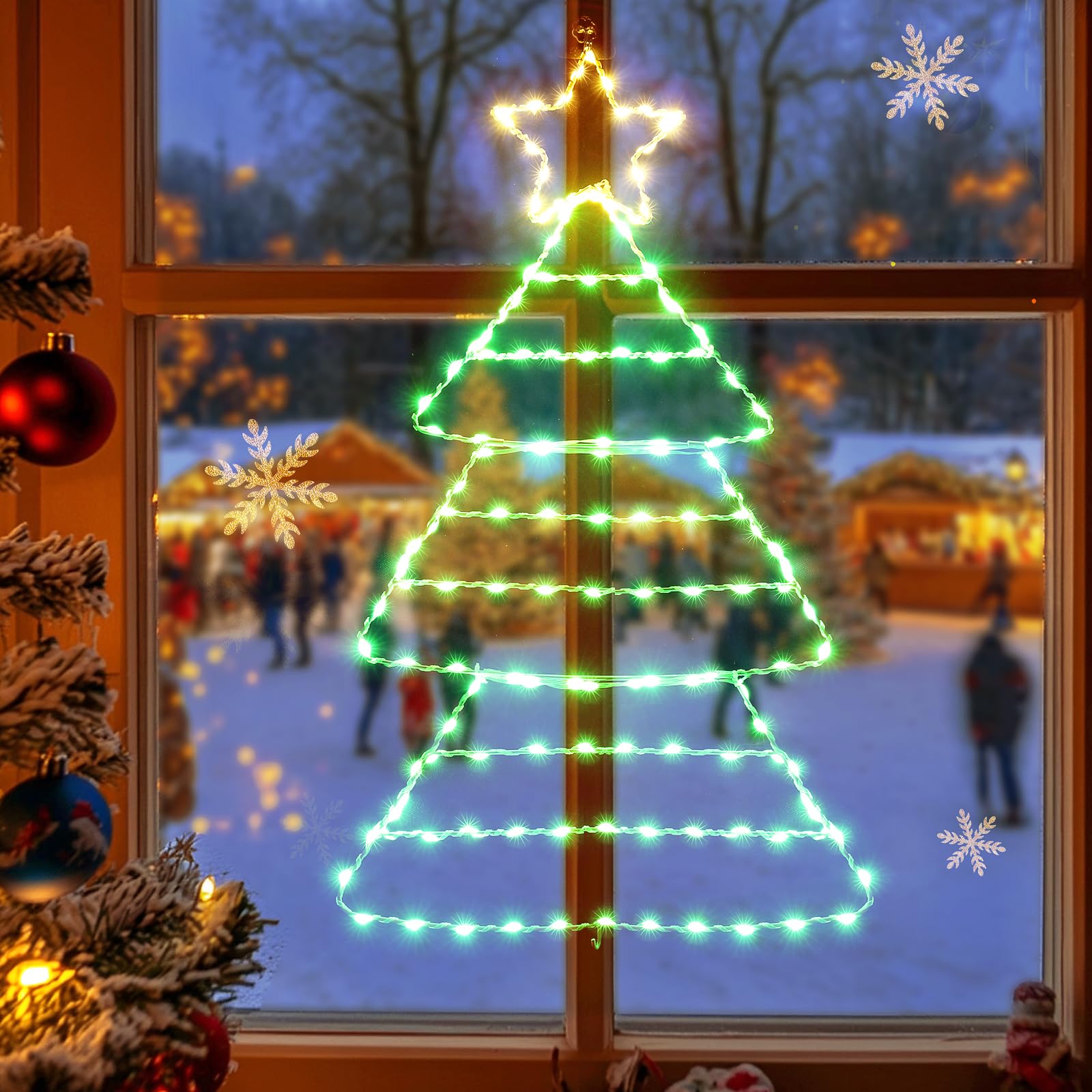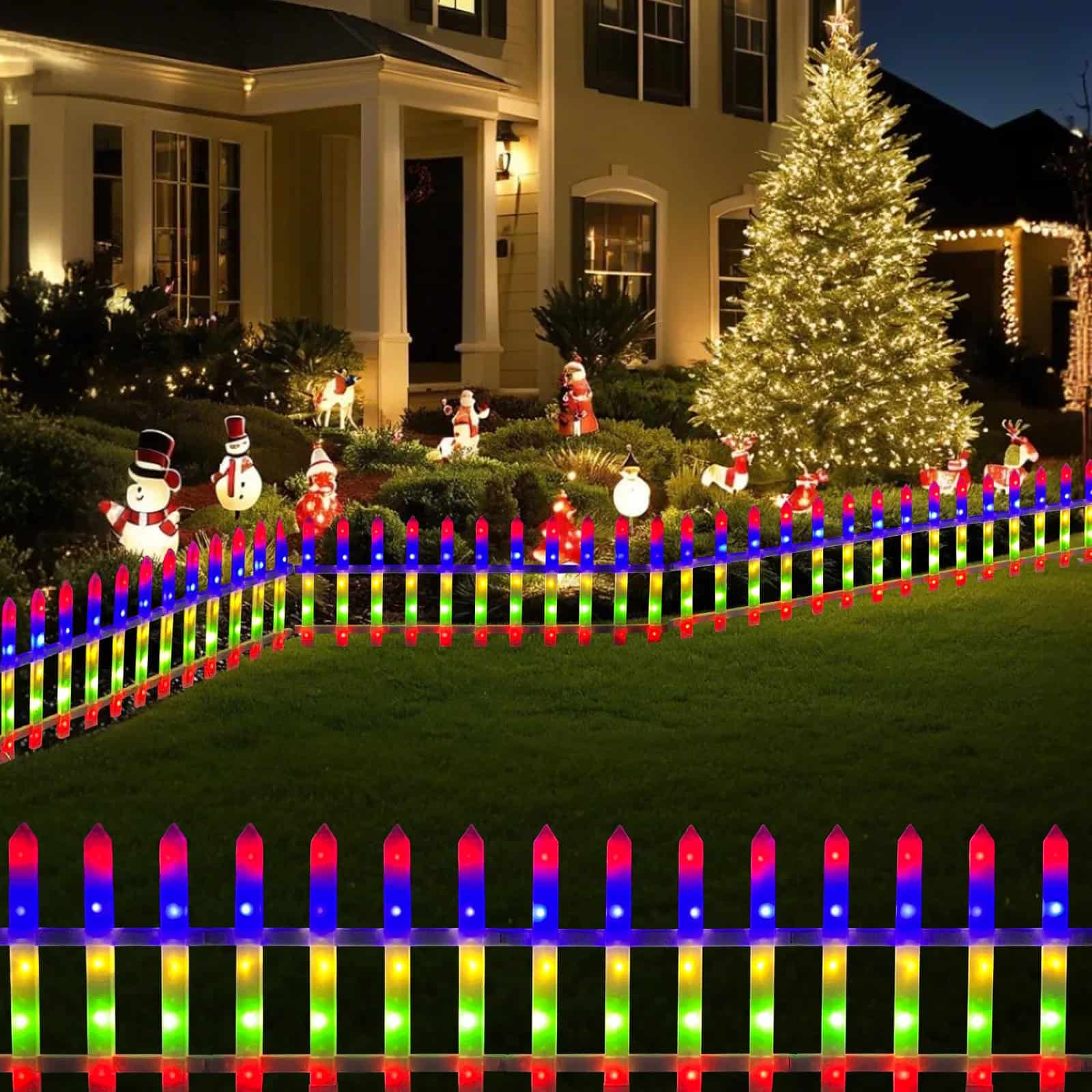Do Solar Lights Work in the Winter?
We frequently receive questions about whether our solar lights are affected by weather conditions or shorter daylight hours in winter. The simple answer is yes, solar lights can still function on cloudy days or during the winter, but their performance might be diminished.
How do solar lights work?
Solar lights operate by converting sunlight into electrical energy, which is then stored in batteries for use when it’s dark.
Each solar light is equipped with a solar panel, also known as a photovoltaic (PV) panel. This panel captures sunlight and converts it into electricity. The efficiency of this conversion depends on the quality and size of the solar panel, as well as the intensity of the sunlight.
The electricity generated by the solar panel is stored in a rechargeable battery. This storage allows the light to be powered during the night or on cloudy days when sunlight isn’t available. The capacity of the battery determines how long the light can operate on the stored energy.
A component called a charge controller is crucial for protecting the battery from being overcharged by the solar panel during sunny days or from being over-discharged during usage. It ensures the longevity and efficiency of the battery.
Most solar lights come with an inbuilt light sensor that automatically turns the light on at dusk and off at dawn. This sensor detects the level of surrounding light and controls the lighting based on the time of day, which conserves the stored energy in the battery for when it’s needed.
In summary, during the day, the solar panel charges the battery. When it becomes dark, the light sensor triggers the LED light to turn on, powered by the electricity stored in the battery. This cycle repeats daily, allowing for a sustainable and environmentally friendly lighting solution.

Do solar lights need direct sunlight?
On cloudy days or in winter, when daylight hours are shorter and the sun’s position is lower in the sky, solar panels receive less sunlight, leading to reduced energy production. However, most solar lights are designed to account for these conditions in several ways:
- Efficient Solar Panels: Modern solar lights use highly efficient photovoltaic cells that can convert even indirect or diffused sunlight (like on cloudy days) into electricity, albeit at a lower rate compared to direct sunlight.
-
Energy Storage: Solar lights store energy in batteries during the day, which allows them to operate at night. The capacity of these batteries can affect how long the lights will run. On days with less sunlight, the lights might not charge fully, resulting in shorter illumination times.
Factors that affect outdoor solar lights
Location
This is crucial for solar LED lights, as their performance is also affected by their location. In mostly cloudy or partially shaded areas, solar LED lights may not charge as efficiently as those in direct sunlight. As a result, they might not last as long and may require more frequent replacements. Innovations in architectural design have made solar-powered devices increasingly popular. Many new homes, buildings, and businesses use these lights not only for energy savings but also for their minimalist and aesthetic appeal, which is currently trendy.
Battery Capacity

The capacity of your battery is a crucial factor as this will determine the performance of your solar LED lights. The larger the battery, the more it will store energy which will improve the efficiency of the lighting system. So with a larger battery, the usage time of your solar LED lights allows them to stay on for a longer time, most especially during times of low sunlight. This simply means that you can enjoy the benefits of solar-powered lighting for a longer period and avoid the need for regular maintenance or replacement of your solar LED lights. Therefore, it is important to choose the right battery capacity for the solar lights to ensure the performance is efficient and effective.
Quality of Components
The quality of the components in your solar LED lights greatly affects their performance. High-quality solar panels, batteries, and LED lights not only function better and last longer but also improve the efficiency of converting sunlight into energy. This ensures optimal performance of the solar LED light overall.Quntis solar is mostly made of ABS material, which is exceptionally durable and you don't have to think about it at all.

In conclusion, it is important to note that solar lights do not necessarily need direct sunlight for them to function properly. In fact, they can still charge and operate even on cloudy days or in areas that do not really get a large amount of sunlight. And like any other product, aside from having benefits on it, there are also factors that could greatly affect its performance such as the location, time of the year, battery capacity, and the quality of components we use for the solar LED lights.







Leave a comment
This site is protected by reCAPTCHA and the Google Privacy Policy and Terms of Service apply.